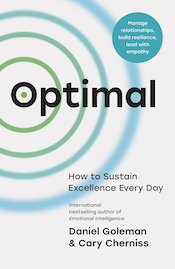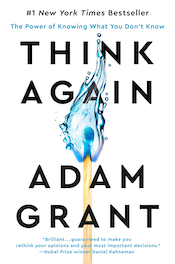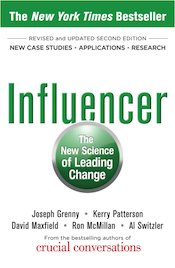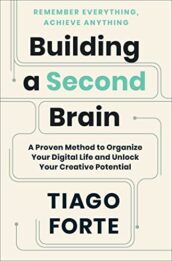
A Leader’s Legacy
by James M. Kouzes and Barry Z. Posner
Leadership isn’t defined by titles or trophies; it’s reflected in the impact you have and the legacy you create. In A Leader’s Legacy, James Kouzes and Barry Posner illustrate how exceptional leaders establish lasting influence through small, intentional actions and consistent daily habits.
The central idea is simple but profound: Legacies aren’t built on one big moment. They result from consistent decisions, meaningful relationships, and the environments that leaders shape every day. This focus on the ordinary reveals the emotional core of leadership—the ways leaders touch lives and create opportunities for others to thrive.









